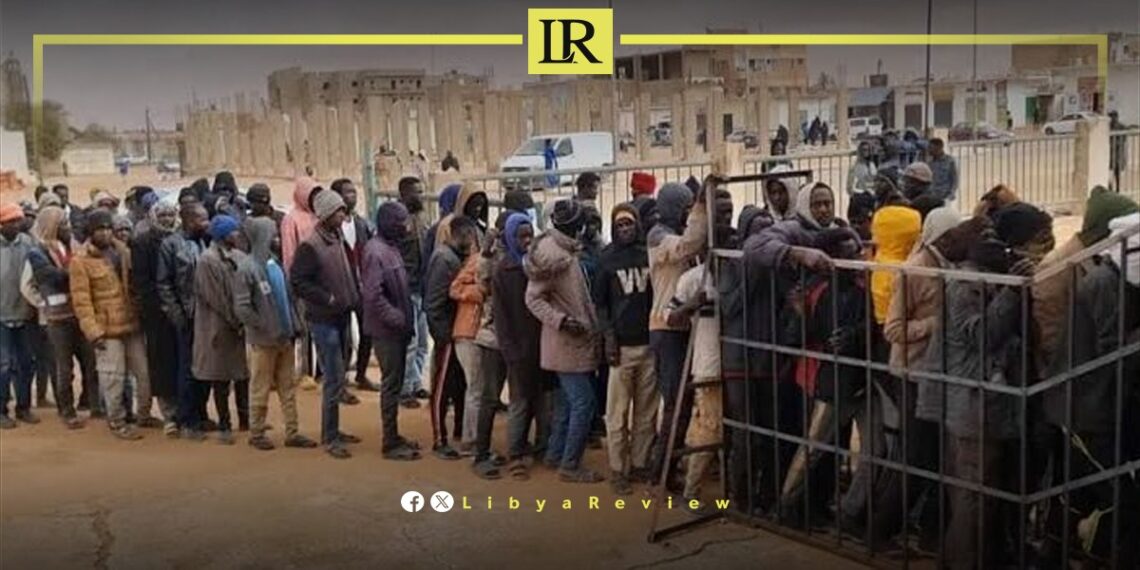On Sunday, the municipality of Kufra rejected the establishment of refugee camps for Sudanese nationals within its borders, responding to the ongoing influx of refugees fleeing the conflict in Sudan.
Abdullah Suleiman, spokesperson for Kufra Municipality, emphasized that the city is already under significant strain due to current conditions and lacks the necessary resources to adequately support the refugees. Suleiman called on the United Nations and international organizations to take responsibility and set up refugee camps within Sudanese territory instead.
Suleiman clarified that Kufra has not agreed to any arrangements for establishing refugee camps on its land, stressing that the best solution is to relocate the refugees to other areas within Sudan.
Sudan has been engulfed in conflict, forcing many to flee their homes in search of safety. Neighboring countries, including Libya, have seen a significant influx of refugees, putting additional pressure on local resources and infrastructure. Kufra, located in southeastern Libya near the border with Sudan, has become a critical point of entry for many Sudanese refugees.
Kufra is facing multiple challenges, including limited resources, inadequate infrastructure, and ongoing local issues. The city’s capacity to support a large number of refugees is severely constrained. Establishing refugee camps in such conditions could exacerbate existing problems, leading to further strain on the municipality’s already overstretched services.
The Kufra Municipality’s call for the United Nations and international organizations to establish camps within Sudan highlights the critical need for more sustainable and immediate solutions. By setting up camps within Sudanese borders, the international community can help alleviate the pressure on neighboring countries and provide refugees with safer and more stable environments closer to their homes.
As the conflict in Sudan continues, the international community must prioritize establishing safe zones and camps within the country. This approach not only helps in managing the refugee situation more effectively but also ensures that the refugees remain closer to their homeland, facilitating eventual repatriation and reintegration once conditions improve.


